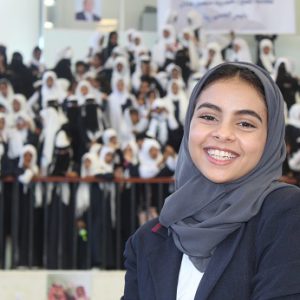
The Rights of Women in the Middle East
A discussion about the lives of Middle Eastern women in today’s world –
from Yemen but living UK
The official website of the Foundation

Nada’s story as a human rights activist started in 2013, when she was 11 years old. She refused to be a victim of child marriage and told her story to the world. Although she faced many struggles and disappointments, she has never surrendered. Nada’s determination to keep fighting for Children’s Rights won her the admiration of many, and garnered International support for her cause.
Educating a child will empower a generation, and educating a generation will create a great civilized society. Nada Alahdal
Nada Alahdal Tweet
Targeting education as a fundamental human right of children, the Nada Foundation has secured funding from the profits of the book of Nada to teach the English language to 10,000 girls in Internally Displaced Persons Camps.
The special education allows girls to seek further schooling via remote learning programs offered by International Universities, as well as to seek job opportunities online after graduation.

Despite her young age, Nada has made great achievements through her strong will, commitment, and belief in defending the rights of young girls. Making her voice heard, Nada changed her complicated society and helped girls in Yemen. She continues to work on communicating her vision of human rights for young girls around the world, and hopes to achieve global awareness of the harms of Child Marriage.
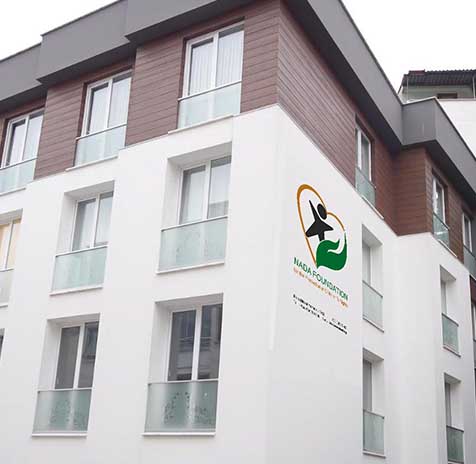
The Foundation was established in order to protect and advance the human rights of children in Yemen. A number of projects have been launched, most notably an awareness program (Children of War are Peacemakers), a program designed to directly protect the rights of children (Safe Havens), and an educational program (Our Dreams Thrive) with full funding from the Foundation.


Michel Lafon Publishing released a book describing Nada’s story. The book was translated into Dutch and French and also appeared in electronic format helping to spread awareness of Child Marriage.

Targeting education as a fundamental human right of children, the Nada Foundation has secured funding from the profits of the book of Nada to teach the English language to 10,000 girls in Internally Displaced Persons Camps. The special education allows girls to seek further schooling via remote learning programs offered by International Universities, as well as to seek job opportunities online after graduation.

The Nada Foundation launched the Safe Havens Project to aid girls forced into marriage before the age of majority, and those who have suffered domestic violence. The Project rescues girls who have been forced into marriage, negotiates the dissolution of the marriage contract between the families of the child bride and groom, and establishes safe living conditions for the child if an agreement not to pursue the marriage cannot be reached with the guardians. Safe Havens performs these services in keeping with the UN’s Convention on the Rights of the Child Treaty which has been ratified by Yemen.

Nada was nominated for the Nobel Prize for Children in 2018 and 2019 for her struggle to end the marriage of children in the Arab world and her media presence..

The Foundation was established in order to protect and advance the human rights of children in Yemen. A number of projects have been launched, most notably an awareness program (Children of War are Peacemakers), a program designed to directly protect the rights of children (Safe Havens), and an educational program (Our Dreams Thrive) with full funding from the Foundation.

Michel Lafon Publishing released a book describing Nada’s story. The book was translated into Dutch and French and also appeared in electronic format helping to spread awareness of Child Marriage.

Targeting education as a fundamental human right of children, the Nada Foundation has secured funding from the profits of the book of Nada to teach the English language to 10,000 girls in Internally Displaced Persons Camps. The special education allows girls to seek further schooling via remote learning programs offered by International Universities, as well as to seek job opportunities online after graduation.

The Nada Foundation launched the Safe Havens Project to aid girls forced into marriage before the age of majority, and those who have suffered domestic violence. The Project rescues girls who have been forced into marriage, negotiates the dissolution of the marriage contract between the families of the child bride and groom, and establishes safe living conditions for the child if an agreement not to pursue the marriage cannot be reached with the guardians. Safe Havens performs these services in keeping with the UN’s Convention on the Rights of the Child Treaty which has been ratified by Yemen.


Nada was nominated for the Nobel Prize for Children in 2018 and 2019 for her struggle to end the marriage of children in the Arab world and her media presence..

A discussion about the lives of Middle Eastern women in today’s world –
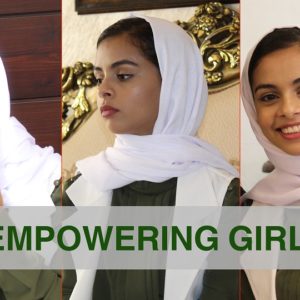
Every girl has the right to decide her own future, but not every girl knows this – that’s why empowering girls is so crucial to ending child marriage. When girls are confident in their abilities,
Ending child marriage is the right thing to do. Girls around the world deserve to live full childhoods, go to school, be free of the violence and negative health consequences associated with child marriage, so
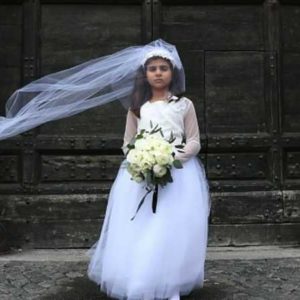
WHAT ARE THE CONSEQUENCES OF CHILD MARRIAGE? Early pregnancy is one of the most dangerous causes and consequences of this harmful practice. Girls who married early are more likely to experience violence, abuse and forced
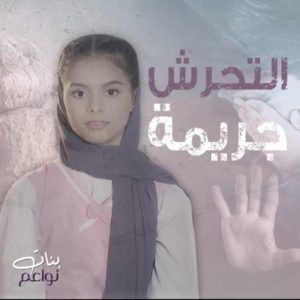
When a perpetrator intentionally harms a minor physically, psychologically, sexually, or by acts of neglect, the crime is known as child abuse. This video focuses specifically on child sexual abuse and the warning signs that
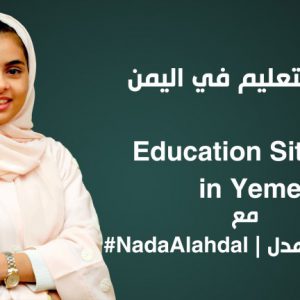
The file compiled on the state of education in Yemen supports the findings that the system is near a total collapse. Schools are commonly used for the recruitment of child soldiers, the report found. As
After she appeared at the Comprehensive National Dialogue Conference, to speak out against child marriage, Nada was detained. At the debate she was seen pleading for her right not to marry, and citing the self-immolation of her teenaged aunt, and her older sister’s suicide attempt when faced with early marriage. Perceiving her action as a threat, state officials pressured the Ministry of Internal Affairs to arrest 11-year-old Nada. She was taken to prison where she was held for 10 days.
Just weeks after she was released from prison, Nada continued her mission to fight Child Marriage, this time appearing on a Lebanese television program. Upon her return to Yemen, Nada was stopped at the airport and detained by the Internal Affairs Office for 7 hours. Her passport was confiscated and she was forced to sign an agreement preventing her from further media appearances until the completion of the Comprehensive National DIalogue Conference on Child Marriage.
With her passport withheld, Nada tried to travel for the launch of her book and to receive International awards for her work on preserving the Rights of the Child. She was prevented from traveling and placed under house arrest.
Attempting to leave Yemen in order to complete her education and continue her Human Rights work, Nada was kidnapped by the Al-Qaeda Organization.
She was taken to a secret location where she was subjected to blind-folded interrogation for the first three days, and released after two weeks.

Child marriage is a serious issue in the Netherlands. Despite being illegal, it still happens in some communities due to cultural norms and traditions. This
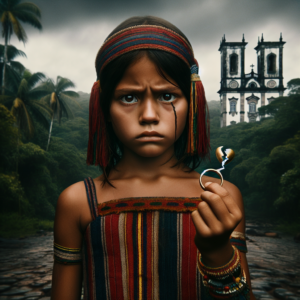
Child marriage in Brazil is a persistent issue that continues to affect many young girls across the country. Despite efforts to combat this harmful practice,

Child marriage continues to be a pressing issue in Spain, despite efforts to combat the practice. Each year, a significant number of young girls, some
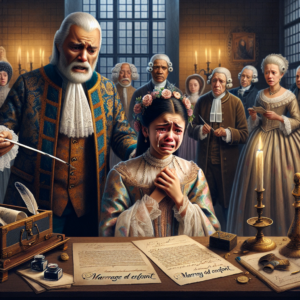
Child marriage in France is a concerning issue that continues to persist despite efforts to combat it. The practice of marrying children, typically girls, below
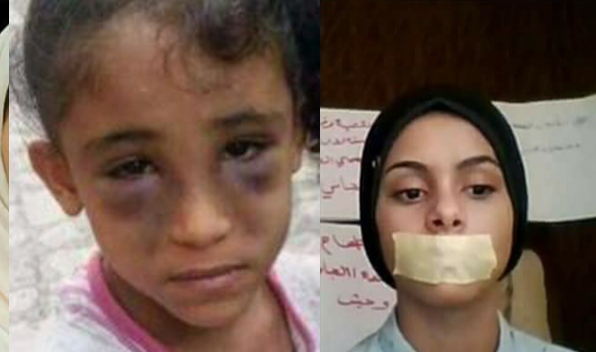
Currently there are no local laws protecting underage girls from domestic violence and other human rights abuses in Yemen. The Nada Foundation advocates for girls by creating social dialogue and changing public opinion about these unjust practices. In bringing these topics into public discourse, the foundation sheds light on perpetrators of abuse, creating hope for girls, and repercussions for those who violate their rights.
When Nada heard of a 10-year-old girl, Rasha, who was brutally killed by her brother and hastily buried to conceal the crime, Nada advocated on her behalf. Nada made the case a topic of public discussion in the media resulting in the arrest and trial of Rasha’s brother. It was revealed that Rasha had stolen $30 from her brother to buy her mother a gift, and a result was beaten to death.
In another successful example of advocacy, Nada publicized the severe physical abuse and torture by fire of a girl named Shaima. The father of the child was brought to court but was soon released and Shaima returned to his custody. Nada faced a challenge that is the absence of laws protecting minors but did not surrender, instead proclaiming a hunger strike in a live broadcast on social media. With the pressure of the public’s gaze, the prosecutors placed Shaima’s father under arrest and placed Shaima with her grandmother. The Foundation proceeded by granting a comprehensive scholarship to Shaima and ensuring her education.

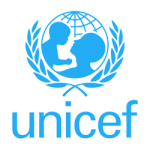
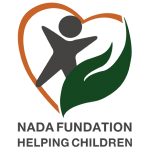
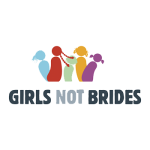
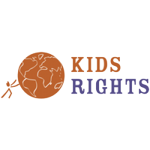

I will be very happy to Follow me on social media
Email:
info@wordpress-742672-2494285.cloudwaysapps.com
nadalahdal@gmail.com